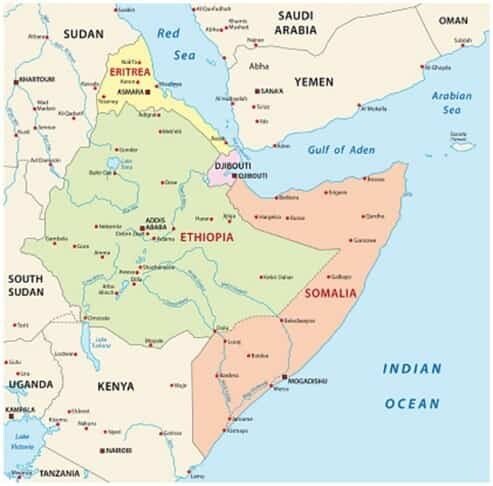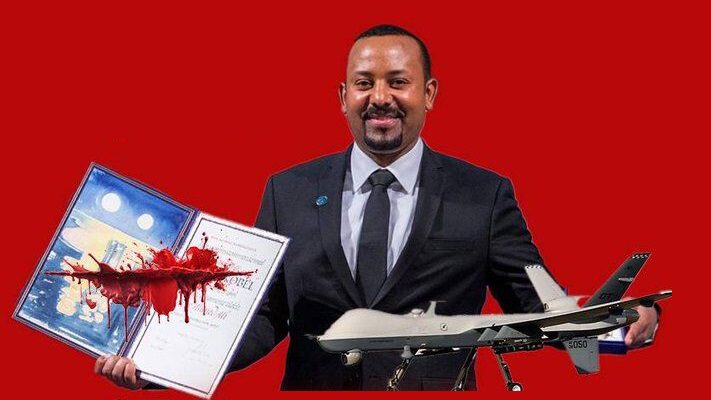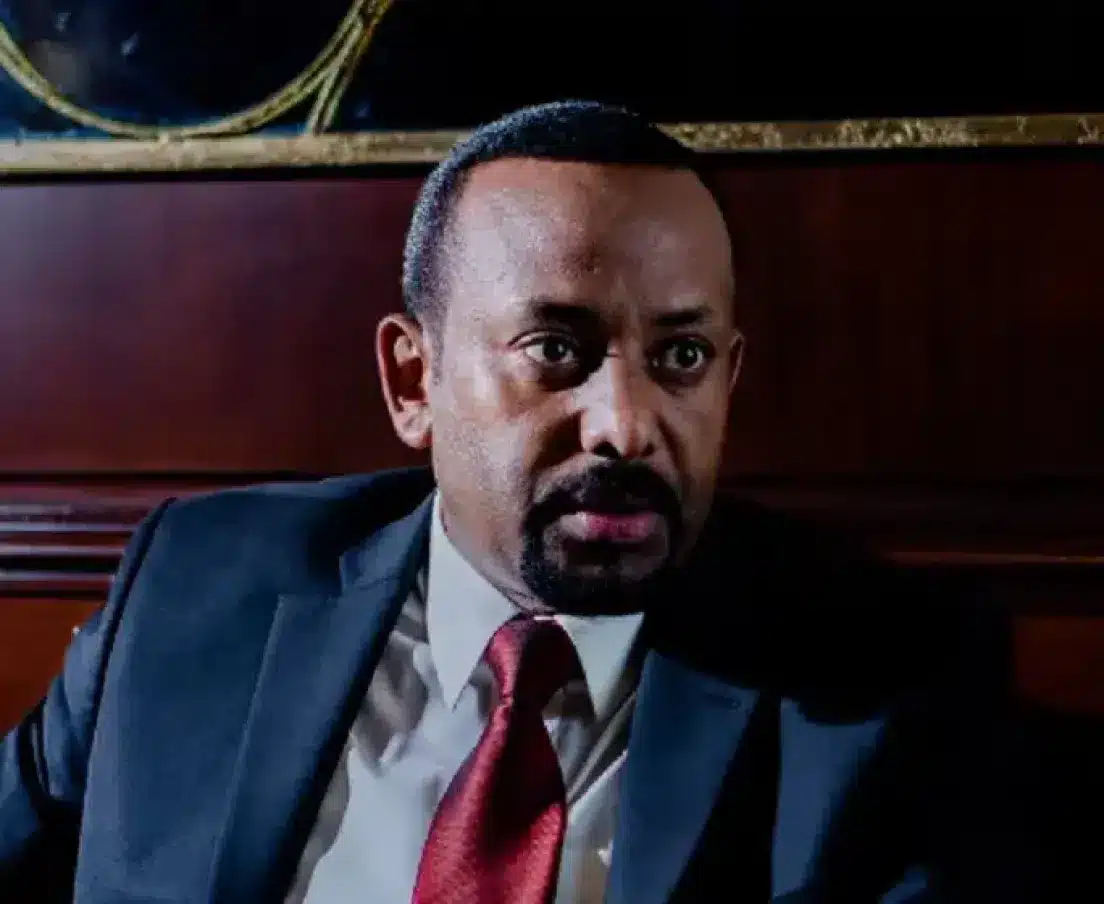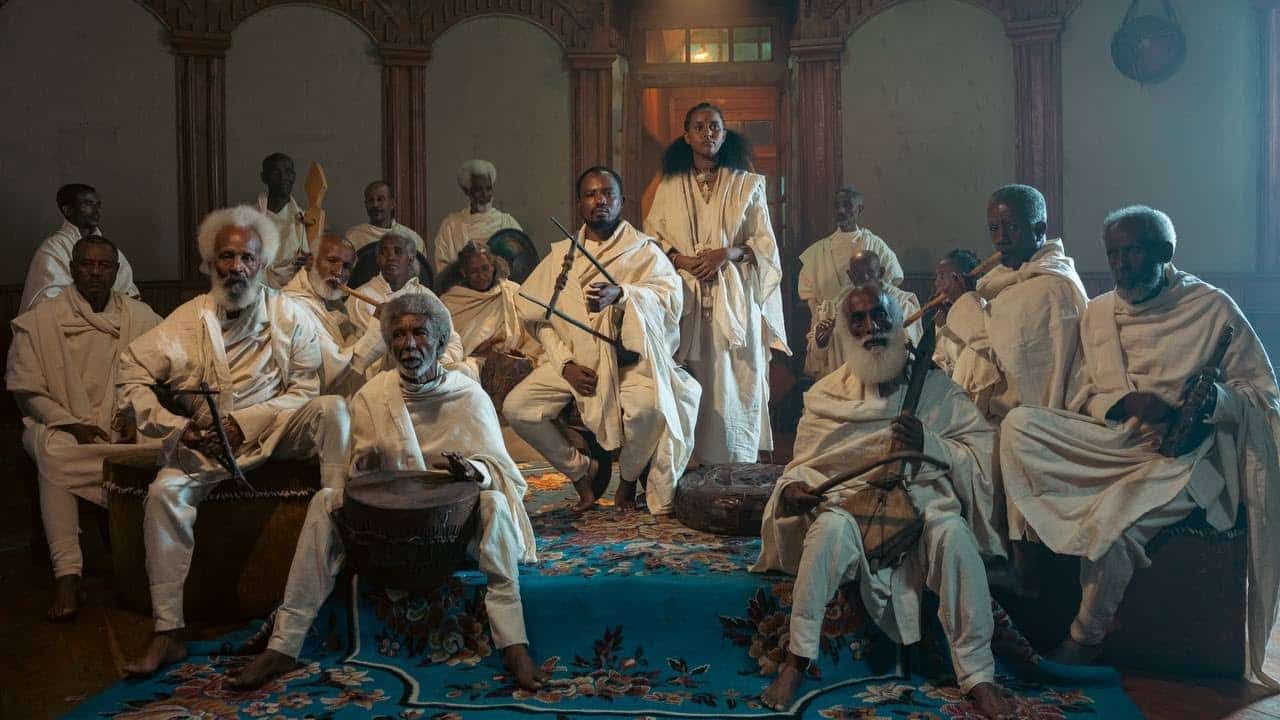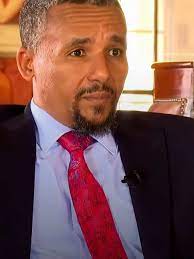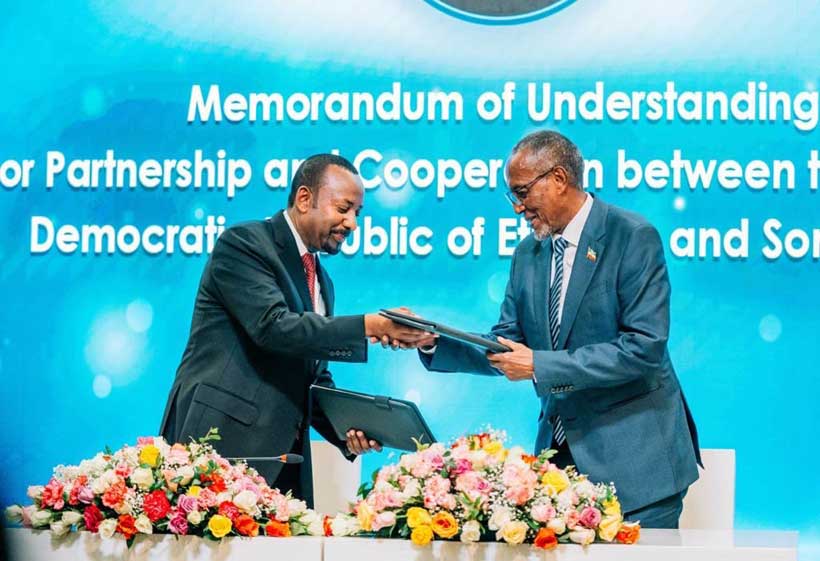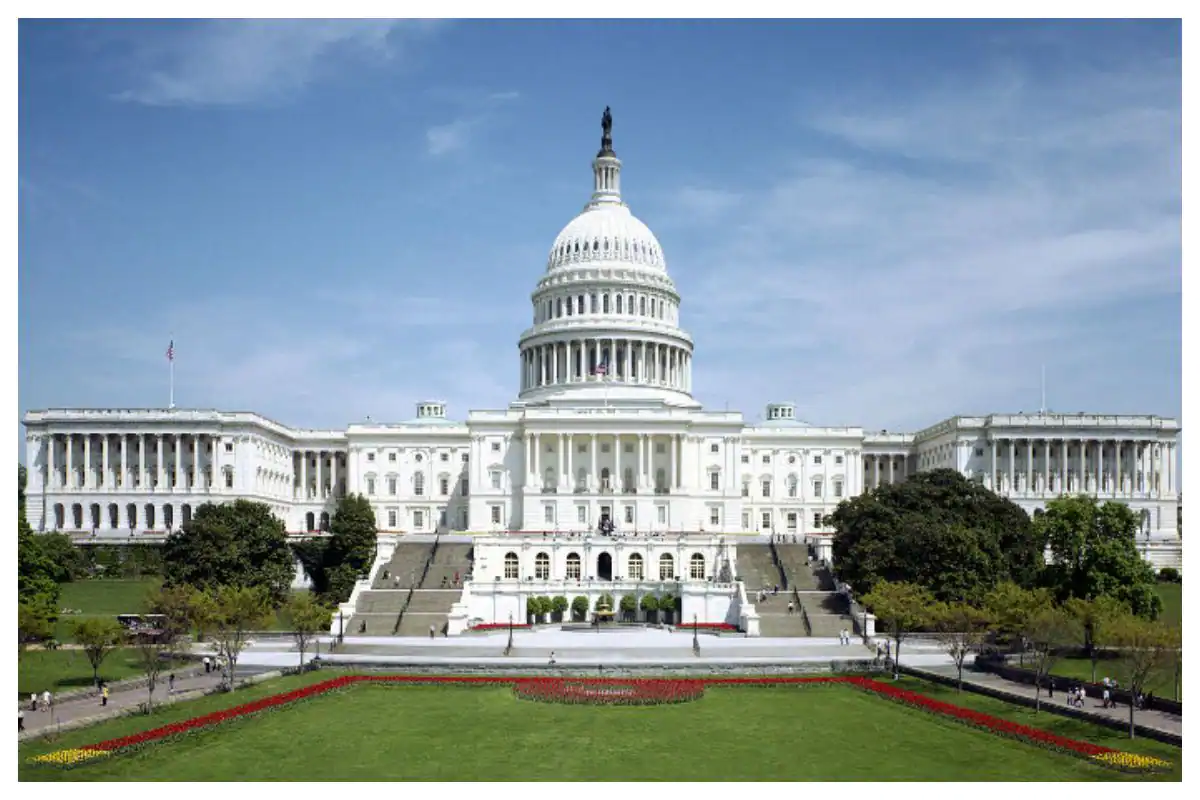Mandelaw Bageru – [email protected] – April 23, 20 22.
Formed in the aftermath of World War II, NATO is a military alliance built on the principle of collective defense — meaning that all NATO countries agree to come to the defense of any individual member that comes under attack. Russia considers NATO to be a direct threat, and Russian President Vladimir Putin warned the possibility that Ukraine might join motivated his decision to launch the Russian invasion. Russia’s Foreign Ministry has also warned of serious military and political consequences if Sweden and Finland join the alliance. All these three countries are lately seeking to do that.
So is it worth provoking Putin and Russia to add Ukraine, Sweden, and Finland into the NATO alliance club? This issue requires serious look beyond the current hasty phobia-led and unequal political standing among nations.
Russia’s NATO-coerced invasion of parts of Eastern Ukraine has brought the dangerous likelihood of nuclear war into a new contemporary global political focus. Sadly, in response to the Russo-Ukraine protracted war crisis, many countries are opting to boost their respective military spending, much to the delight of weapons contractors and the arms industry. Even more alarming are the calls for increased investments in nuclear capabilities by nuclear-armed states, and the calls for the deployment of U.S. nuclear weapons into countries that currently do not host them.
It is clearly known for generations how the four-pronged phobias have been causing inequality among global nations, simply rooted in erroneously perceived generalities of (a) Russo-phobia, (b) Sino-phobia (c) Islam-phobia and (d) Afro-phobia. These phobic and irrational attitudes can easily trigger the jeopardy of nuclear bomb possibilities and a 3rd world war to occur suddenly.
Nuclear Bomb Proliferation and Flexing for Fight
It has been proven time and time again that on its own nuclear weapon can upset and/or destroy a city, by killing hundreds of thousands or even millions of people.
For instance, according to NukeMap:
- If the largest Russian nuclear bomb were to be dropped on New York City, then over eight million people would be killed, and another nearly seven million injured.
- The U.S. already has an estimated one hundred nuclear weapons in Europe. Five NATO countries — Italy, Belgium, the Netherlands, Turkey, and Germany — take part in a nuclear sharing arrangement, each hosting twenty U.S. nuclear weapons.
- Germany, in addition to hosting U.S. nukes, is also ramping up its military spending to the tune of 100 billion Euros. In a major shift in German policy, the country has committed to spending more than 2% of its GDP on the military. Germany has also committed to buying US-made F-35 aircraft— jets capable of carrying nuclear weapons — to replace its own Tornado fighter jets.
- In Poland, a country that borders Ukraine and Russian ally – Belarus, does not have any nuclear weapons, yet, the leader of the ruling right-wing national-conservative Law and Justice Party says they are now “open” to the US putting nuclear weapons there.
The nuclear fever isn’t just in Europe. China is accelerating its nuclear buildup amidst the rising fears of conflicts with the U.S.A — with Taiwan as a forthcoming flashpoint. On its part, China plans to build one hundred land-based nuclear missile silos, and a Pentagon report claims they’ll have one thousand nuclear warheads by the end of the decade. This will add to the nearly thirteen thousand nuclear weapons that already exist globally. China is also nearing completion of its own nuclear triad — the ability to launch nuclear weapons by land, sea, and air — which, according to conventional wisdom, would secure its nuclear deterrence strategy.
Additionally, North Korea has restarted its ICBM program and recently launched a test missile for the first time since 2017. North Korea claims the missile to be a “powerful nuclear war deterrent,” the same rationale every other nuclear-armed country uses for building and maintaining nuclear weapons.
U.S. allies in the region aren’t immune to the calls for nuclear weapons. Influential former Japanese prime minister Shinzo Abe, who has long pushed for a more militarized Japan, recently called for the country to consider hosting U.S. nuclear weapons — despite Japan being the only place on Earth to know firsthand the horror wrought directly onto people by a nuclear-weapons attack. Luckily, the comments received pushback from current leader Fumio Kishida, who called the idea “unacceptable.”
But too many leaders are not responsibly resisting the call for more nuclear weapons. Rather, neighboring countries to Russia like Finland, Sweden and others in the region are in hurry to be admitted into the NATO Forces Club in an attempt to squeeze Russia out of shape.
On his part, the Ukrainian President Volodymyr Zelensky, besides his calls for a No-Fly Zone, recently told 60 Minutes: “The world is saying today that some people are politically hiding behind claims that ‘we cannot stand up for Ukraine because there could be a nuclear war…believing that by not helping Ukraine, you will hide from Russian nukes. I don’t believe it.’” Zelensky appears to suggest that no matter if the West engages in a direct conventional military confrontation with Russia or not, a nuclear confrontation is a foregone conclusion. Zelensky’s language that implies unavoidable nuclear attacks and a necessity for increased military intervention only pushes Russia closer to launching a nuclear attack — and the world toward a global nuclear war. This is not a path that Ukraine or the world should want to take. What is needed is more diplomacy.
The U.S. hasn’t made things better. Instead, it is blatantly refusing to adopt “no first use” as official policy, the same nuclear policy shared by Russia — a policy that is striking fear across the globe right now, including the majority of people in the U.S. who are now worried about a nuclear attack. This is doubly alarming considering the U.S.’s history of fabricating evidence to go to war, as happened with George W. Bush’s lies about WMDs in Iraq and the falsified Gulf of Tonkin incident that was used as a pretext to escalate the Vietnam War.
The credibility of the Human Rights Council
On 7 April the UN General Assembly (GA) decided to suspend Russia’s membership in the Human Rights Council. This hasty action establishes a destructive precedent not only for the future of the Human Rights Council but also for the future of other United Nations institutions’ existence and exercises around the globe. This biased action doesn’t promote transparency. Rather, it challenges the idea that a few powerful countries can tank not only the Security Council initiatives but also the GA, without much is justified as a consensus or an explanation.
Obviously, this undigested hurried move was a big blow to Russia’s prestige at the UN forums and adds bad precedence to the latent yet general atmosphere of Russo-phobia provoked by NATO pact hooligans. In the past, we have seen similar collective actions imposed on a number of nations as well. This sets supremacy attitudes in the future in which unbalanced efforts will be made to exclude other countries from membership in the Human Rights Council too.
If the political trail is managed fairly, then, one could think of excluding several NATO countries or even NATO itself as an entity, for the war crimes and crimes committed against humanity by NATO forces during the wars of aggression against Afghanistan, Iraq, Libya, Syria, and former Yugoslavia. Incidentally, one could think of excluding the UK for having extended its colonial arms invisibly through Saudi Arabia because of the protracted civil war committed in intensifying civil strife among ethnic groups in Yemen; or between Pakistan and India for its systematic war crimes and gross violations of human rights against the people of Kashmir, including widespread extra-judicial executions.
Another credible candidate for suspension would have been Azerbaijan because of its aggression against the unfortunate Armenians of Nagorno Karabakh during the Blitzkrieg of September-November 2020, where war crimes and crimes against humanity were committed, including torture and execution of Armenian prisoners of war. We could think of excluding for using its puppet regimes forcibly appointed in Colombia to carry out lethal para-military activities and a consistent pattern of killing human rights defenders, social activist leaders, syndicalists,s, and indigenous peoples.
Thus, it is not worth shedding popular tears over the UN Human Rights Council, whose authority and credibility are seriously jeopardized and still remain questionable; and whose resolutions are routinely ignored by many countries, including the United States, and the United Kingdom, and Israel. Since its formation in 2006, the Human Rights Council has not served human rights well – but it has certainly served the geopolitical and informational interests of the global expansionist club members including, but not limited to, the United States, the European Union, and the NATO alliance member countries.
The GA decision also puts a further nail on the coffin of the UN-General Assembly itself. It manifests how this Assembly can and is manipulated by the United States and by the bullying, arm-twisting, and blackmailing practices of the Department of State. Countries have been overtly told to: “Take the US-NATO way, or else, take the highway.”
Far more serious for the worlds are the economic sanctions and financial blockade imposed by the US and EU countries on Russia, which will have a long-lasting impact on the world economy, hurting the most vulnerable not only in Russia, but also in Europe, Africa, North and South America, and Asia.
The decision of the UN-General Assembly (GA) sets a dangerous precedent and further politicizes the Human Rights Council. One would think that precisely because some countries do not like what Russia is doing that they would like to “tame” it by involving it in the human rights work of the Council. Isolating a country is always counter-productive. What is needed is greater inclusion and greater debate – not exclusion and hate-mongering. In this respect, the GA vote illustrates the success of the “information war” that has been waged against Russia for decades – not just since 2022, not even since 2014 and the Maidan coup – long before there was systematic disinformation about Russia and a consistent negative narrative. This has a simple explanation: NATO has had no raison d’être since the Warsaw Pact was dismantled in 1991. In order to continue existing, NATO must have an “enemy” – and that is the only role that the US and NATO assigned to Russia. The Russian bogeyman is necessary and guarantees that the US military-industrial-financial complex can continue its war on the world and on the purposes and principles of the United Nations.
Signals Put Before the General Assembly
The allegations of war crimes allegedly committed by Russian forces in Bucha in the vicinity of Kyiv precipitated this move by the US to have Russia removed from the Human Rights Council. How much do we know about the events? While Ukraine accused Russia of murdering 400 civilians in Bucha before retreating from the town, the Russian government has refuted these allegations, pointing out that Russian forces withdrew in an orderly fashion on 30 March and that no allegations of extrajudicial executions were made until 2 April 2022, four days later, when Ukrainian security forces and TV cameras arrived in Bucha. The US and NATO accepted Kyiv’s claims uncritically and used them to justify imposing further sanctions against Russia. However, serious doubts have arisen about possible staged events and tampering with the photos and videos. After all, fake news has been in the global arena sawing intentionally spread misinformation and propaganda news in recent decades since the war in Iraq.
So the serious question is: Do we have here another false flag operation as we have seen multiple times in Iraq Syria and Libya, staged chemical attacks that could not be confirmed by expert inspectors? Are the dead person civilians or military? Were the bodies of those of Russian soldiers and Ukrainian-civilian victims of artillery bombardment? Were the bodies of Russian soldiers wearing white armbands or Ukrainian civilians with white armbands to signal their peaceful intentions and subsequently lynched by Ukrainian extremists for collaboration with the Russians? One day we may find out whether the US had advanced knowledge of the alleged crimes in Bucha or whether it was involved in manufacturing fake evidence for the information and psychological warfare. Of course, nobody knows. What we need is whistleblowers, more like Julian Assange and WikiLeaks. The classical mass media is no longer trustworthy; it has been long time since it proved to stage fake news even utilizing its social media wing.
An international commission of inquiry should investigate, but that will take time because the evidence on the ground (to the extent it has not been destroyed) must be evaluated and witnesses on all sides must be heard. Gradually some information is coming out that does not confirm Ukrainian claims, and in a series of recorded satellite phone calls, a reporter identified as “Simon” tells his colleagues that at Borodyanka “there are no bodies in the streets at all”, contrary to what he had been led to believe.
Apparently, the town had been “shelled to pieces”, but it is not clear whether this was committed by Russian or Ukrainian artillery. In any event, Simon concluded, “there is no evidence of any rights abuses here”. Simon and his crew interviewed residents who reported that the Russian soldiers had been correct and given them food, water, and other supplies. Simon concluded: “I do not know what the prosecutor was talking about, but we have seen nothing like that. It is a completely different picture.” An international investigation is justified and necessary, but any ad hoc commission must investigate allegations of crimes committed not only by Russian soldiers but also by Ukrainian soldiers and paramilitaries, in particular against the Russian-Ukrainians of Lugansk and Donetsk since 2014, and the pogrom against 50 Russian-Ukrainians in Odesa in May 2014.
Therefore, it could be said without fear of contradiction, that the GA vote was prematurely orchestrated as hasty and coercive, and cursive drama that left an added failure by this global entity. Sad enough, the GA violated the general principles of law concerning the due process to be followed and the presumption of innocence. Above all, with due respect, the GA must have given the floor and the opportunity to entertain Russia’s evidence and arguments and given due weight for conflict-triggering matters with all fairness. The absence of due process is yet another disgrace for the General Assembly to gang up and take irrational, persuasive, hooligan type of nosy decision-making forum without having any evidence put forward from either side to backstop its hasty resolution.
The UN-General Assembly’s Double Standards
This is not the first and will not be the last time that the UN-General Assembly (GA) applies double standards and adopts flawed resolutions or decisions simply to please The USA, EU, and the NATO alliance. It seems like the entire United Nations system has been hijacked by the West and has the full support of a homologated corporate media that acts as the echo chamber of the State Department.
Another example of shaky-double standards and selective indignation: The International Criminal Court. We hear politicians demand a “Nuremberg” Trial against Putin. Well, why not a Tribunal to investigate and condemn the crimes of aggression committed by Bill Clinton in Yugoslavia, by George W. Bush and Tony Blair in Iraq, by Barack Obama in Libya, Syria, and Ukraine (after all, Obama was president when the “no-fly” zone over Libya was manipulated for “regime change”. Worldwide, it has been recalled Hillary Clinton’s infamous words: “We came, we saw, he died”.
Any tribunal show should clearly investigate the crimes committed by Ukrainian sharp-shooters at Maidan in connection with the 2014 coup d’état against the democratically elected President of Ukraine, Viktor Yanukovich. Was it not the legitimate legal duty or responsibility of the International Criminal Court also to investigate and prosecute the NATO forces from the US, UK, Germany, and Australia, who committed atrocities in Afghanistan and Iraq? How about the torture centers used clandestinely in Iraq, Afghanistan, and Guantanamo Bay? How about the use of indiscriminate weapons including depleted uranium weapons, white phosphorus, and cluster bombs, causing tens of thousands of deaths? How about all the “collateral damage” visited upon civilians in Afghanistan, Iraq, Syria, and Libya?
Where is the accountability for all of these crimes? The International Criminal Court will not have any credibility until it decides to apply the Statute of Rome seriously and go after the likes of George W. Bush and Joe Biden. Hitherto the West has “gotten away with it” – but for how long? Will the ICC remain in the service of the West, as a strong arm of the Pentagon? Hitherto we have observed the culture of impunity that protects Western leaders. Will the rule of law ever evolve into the rule of justice? This is the real unanswered question that remains in limbo.
International Court of Justice (ICC)
Established in 2002 by the Rome Statute, the ICC has 123 member states where it can investigate and prosecute crimes of genocide, crimes against humanity, war crimes, and state acts of aggression. (Ukraine has also not formally joined the court but has submitted to its jurisdiction in the past.
International Court of Justice (ICC) affairs, after World War II, the prominent Nuremberg trials, led by the U.S. and allied powers, prosecuted Nazi war criminals. The U.S. has also backed international criminal tribunals for the former Yugoslavia, Rwanda, and Sierra Leone, which have held high-ranking individuals accountable for terrible crimes.
But the trouble to put the ICC into an effective appliance of justice is when a state is too powerful to be bound by ICC’s demands and decisions. The problem isn’t about the absence of globally assured law but rather its breakdown when states refuse to comply and aren’t held accountable. This can further inflame conflicts unequal treatment of weaker nations in front of the ICC. The resulting pattern of war, displacement, and rampant human rights violations we’re seeing in Ukraine has tragically become all too familiar due to the provocation of the 30 NATO pact members due to the Russophobes and their hooligan actions to squeeze and suffocate the Russian Republic and its citizens. So Russia had to protect itself before NATO takes over Ukraine against the treatment it signed in previous years.
Besides, it’s not just Russia that seems not to pay attention to what the ICC rules and regulations are all about. In the recent past, side-lining the ICC is true of the USA as well.
Firstly, when President Bill Clinton signed the Rome Statute, he advised against U.S. ratification out of concern that the court could assert jurisdiction over U.S. officials and service members. Secondly, President George W. Bush then famously “unsigned” the Rome Statute less than one year before his illegal invasion of Iraq. Thirdly, when the Trump administration went so far as to sanction ICC prosecutors who were investigating possible U.S. crimes in Afghanistan.
The most powerful nations like the U.S., China, Russia, India, etc., should have set exemplary relationships with the ICC — and the global rule of law more broadly. Yet on its part, the ICC is more tilted to the Western powers and active in helping the USA and NATO pact members in their intervention to upset weaker nations in their own rights than to sand firm equally to all its members with due respect and fairness.
Looking at a resolution now in the USA Congress introduced by Rep. Ilhan Omar (D-MN) that calls for the U.S. to join the ICC, it is certain this will also be sidelined as business as usual. That means another resolution is required to repeal the 2002 law that prohibits the U.S. A’s support for ICC investigations.
In principle, no country should stand in the way of accountability and remedy for global victims of conflict, whether in Ukraine, Palestine, Yemen, or elsewhere. This includes the United States, which must also reckon with its own crimes committed during the wars in Afghanistan, Iraq, Syria, and Palestine.
Usually, Washington has been seeking supremacy by imposing ad hoc rules by masking itself under the mantle of human rights violation, humanitarian aids, and violation of international law. These are systematically devised excuses meant to advance both the US and NATO’s joint militaristic interests at the cost of upsetting lives and livelihoods in Ukraine and elsewhere around the globe.
“We cannot successfully cooperate with the rest of the world in establishing a reign of law,” warned Robert H. Jackson, the chief U.S. prosecutor at Nuremberg, “unless we are prepared to have that law sometimes operate against what would be our national advantage.”
From the outset, it was clear, that Russia is among the nations who would not submit itself to Washington’s will of global dominance. Instead, Russia, China, and India are working hard to strengthen efforts aimed at the Non-allied nations’ forum for power balance. In this regard, just like China, Russia is fighting to be part of an international community of equals and will not allow Western nations to ignore its legitimate security concerns which it attempted to clarify far ahead of the NATO proxy attempt to expand itself into Ukraine and further squeeze Russia outside of the global political and economic arena. In self-defense, Russia’s military action in Ukraine is meant to put an end to NATO’s regional domination as well as the US-dominated world order.
The answer to the threat of nuclear weapons is not more nuclear weapons. The answer is a planet that engages in genuine disarmament with a goal of no nuclear weapons. The answer is to strengthen an international community of equals that will not easily consent Western nations to ignore their respective legitimate security concerns nationally and regionally.
Yet, Law alone won’t deliver global justice. But if we want fewer wars, more diplomacy, and more international cooperation, then no country can remain above it.
———————————————- /// —————————————————


